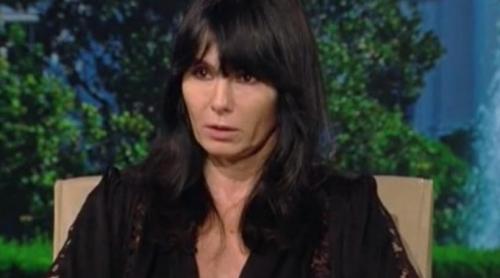
Correspondence from Munich
Over 50 defense and foreign affairs ministers and 200 guests debated this week-end on security policies in Munich, Germany.
The speech of Donald Rumsfeld, the US Secretary of Defense, concentrated mainly on fighting fundamentalism and terrorism.
Rumsfeld said security issues around the Black Sea are on NATOâs agenda and that the insight and thrust the new NATO members bring to the Alliance are welcome.
"The Black Sea is an important region, there are global threats around it, and this should be on the agenda of our NATO members and partners," said Rumsfeld.
Jaap de Hoop Scheffer, NATO Secretary General, said that achieving the NATO Response Force (NRF) was the Allianceâs main objective for 2006, and that he hoped the NATO summit taking place in Prague this November would assess the NRF was operational.
US Senator John McCain said it was important all NATO members participated in its operations, and that Romania set an example as the most active new member state. He also criticized Russia for "exporting autocracy" and stirring international concerns with its political and economic actions.
Translated by ANCA PADURARU
Citește pe Antena3.ro


















